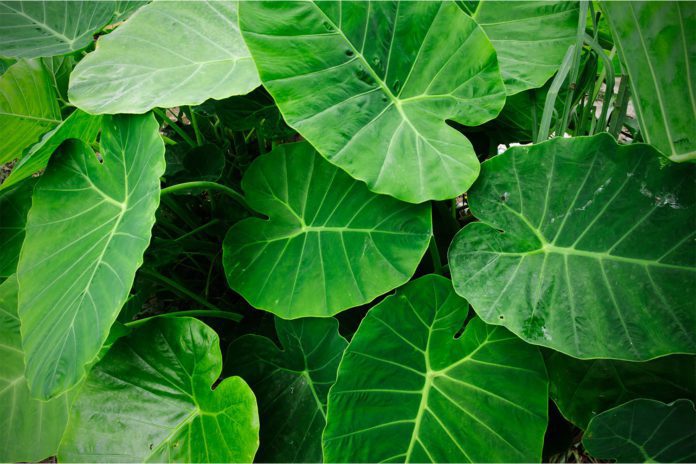During summer, especially when gardens are in full bloom, stems of different plants may appear harmful to anyone. This is because most of the leaves are attached to vegetables, fruits, and flowers growing in your garden may contain poisonous substances. There are plants that may seem harmless but can cause allergic reactions or rashes when touched.
Some Harmful Plants to Avoid
When these plants are ingested, they may cause irritation and pain to the mouth, tongue, and lips, and this is the reason why anyone may experience difficulty in swallowing and talking:
- Caladium
- Dieffenbachia
- Elephant Ear
- Pothos Ivy
These plants, on the other hand, contain deleterious substances which may have a negative effect on the heart when ingested:
- Lily-of-the-valley
- Oleander
- Jimson Weed
Certain plants may also cause severe or mild skin irritation due to its prickly parts and oils:
- Bull Nettle
- Poison Ivy
Most berry-producing plants are utilized for home and yard decorations. Yet, there are berries that are harmful such as the following:
- Holly
- Mistletoe
There are some poisonous plant groups that can cause various symptoms in the body. They are:
- Lantana
- Morning Glory
- Acorn (may affect the stomach if ingested in large quantities)
- Nightshade (may cause gastrointestinal illnesses)
There are food type plants that contain poisonous portions, and as such, they should not be consumed. Mushrooms bought from the store should not be eaten as well. This is because cooking mushrooms does not guarantee that the toxins will be destroyed. Tomato plants also contain poisonous parts.
Plant Poison Prevention
To help you identify which plants in your garden are toxic, there are some tips for poison prevention.
Young children, for instance, have the tendency to choke on leaves, stems, or berries. Thus, it is best to put possible poisonous plants in spots that your children cannot reach. Packs of seeds should not be left anywhere since they may contain pesticides, which may harm children as well. Children should also be taught not to suck on flowers or leaves of plants as well to prevent poisoning.
Exercise awareness with regards to the plants you are buying or putting in your garden. Be on the lookout for the leaves of rhubarbs, potatoes, and tomatoes since they are poisonous when ingested.
Wash your hands very well after using pesticides since a chemical residue may be left after spraying it on plants. All pesticides and fertilizers should be kept in labeled containers and must be out of children’s reach. Pesticides should not be sprayed on pet food dishes, sandboxes, play gyms, and children’s toys.
Gloves and pants should be worn when gardening in unfamiliar areas due to the presence of poisonous plants. Plants should also be properly labeled and identified in the home and yard.
Anti-Cancer Plants or Herbs for Your Indoor Garden
Homemade potions, teas, shampoos, or medicines should not be made from these plants. Toys, whistles or jewelry should not be created as well from poisonous plants in your garden since there are plants that can cause rashes and other allergic reactions like bull nettle, poison oak, and poison ivy. Smoke from burning plants should also be avoided.
Plant Poison Treatment
There are also a few tips to help treat health conditions caused by poisonous plants.
First aid is normally applied in situations where poison from plants is accidentally swallowed. For mushrooms and berries, any remaining portions should be removed. Mushrooms must be placed in dry containers in order to be identified. If ingested, you should make the person wash his or her mouth with water and check if there is any discoloration, swelling, or irritation.
Contaminated clothing should be removed and hands and skin should be washed well with soap and water to avoid eye irritation. If the eye has been contaminated, it needs to be washed for 10 to 15 minutes in lukewarm tap water. For cases where your loved ones have ingested or have come in contact with any poisonous plant, immediate medical assistance should be observed. First aid should be applied to these respective cases. To learn first aid measures, one must sign up for training programs such as those provided by lifesavered.com. Trainings like this educate individuals about administering first aid to prevent critical conditions from worsening.
